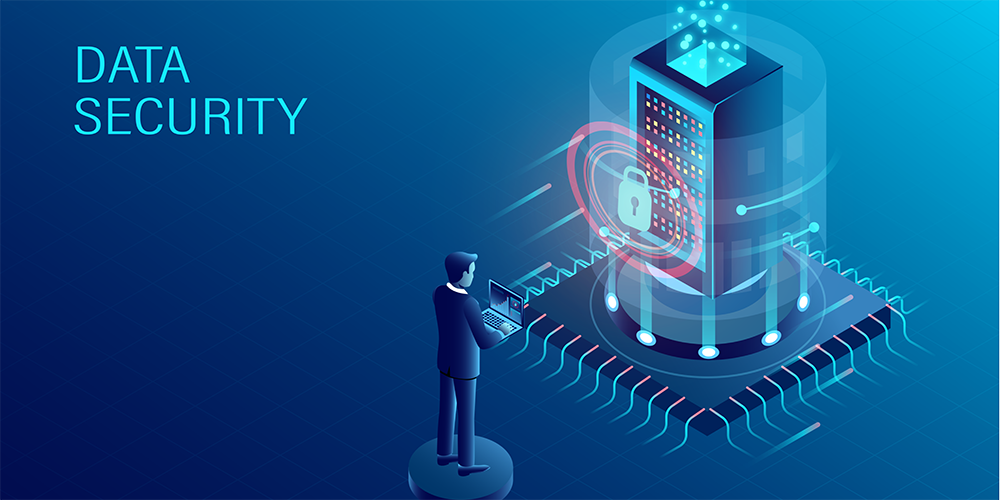Nearly a year after the pandemic closed business offices worldwide, remote work is the norm. Keeping your company’s computer network strong and secure is of great importance. Even now, businesses may want to revisit decisions made so quickly last March. Read on to learn about the most critical questions to ask in order to have a robust security plan for remote work.
Network Security Considerations for Remote Work
The usual security considerations remain important. First, how secure is your network against common viruses and malware? Ideally, definitions are as current as possible to catch the growing security threats. Is your method for access to the network still secure and efficient? Some companies can maintain a virtual private network requiring passwords; others may want to move some computing resources to the cloud. Still, varying levels of access may need to be determined, to keep data secure and bandwidth available for key business operations. For example, workers using video conferencing services need more bandwidth than employees who mostly handle email only. Another decision involves where workers will access your network; a company-owned PC connected to the company’s network is more secure than a worker’s personal computer or mobile device.
Train Employees to Keep Your Network Secure
As always, employee training needs to be part of a remote work security policy. Clear rules should be set in place regarding which equipment is used for work purposes. Employees need to be reminded to be on the lookout for possible security intrusions like phishing schemes to avoid ransomware. Passwords are another key to keeping the company’s data secure; part of training includes helping employees develop strong and secure passwords and to change them regularly. While employees are often considered a weak link in security, when properly trained they can be the greatest asset. According to Gartner, “Remote workers must ensure the same, if not a greater, level of security for all company networks and data access, documents or otherwise confidential information that might be displayed on a home office computer screen.”
Since remote workers expand the company’s security perimeter, you might want to re-evaluate your policies and practices. For help in refining your company’s security plan, contact us today.

